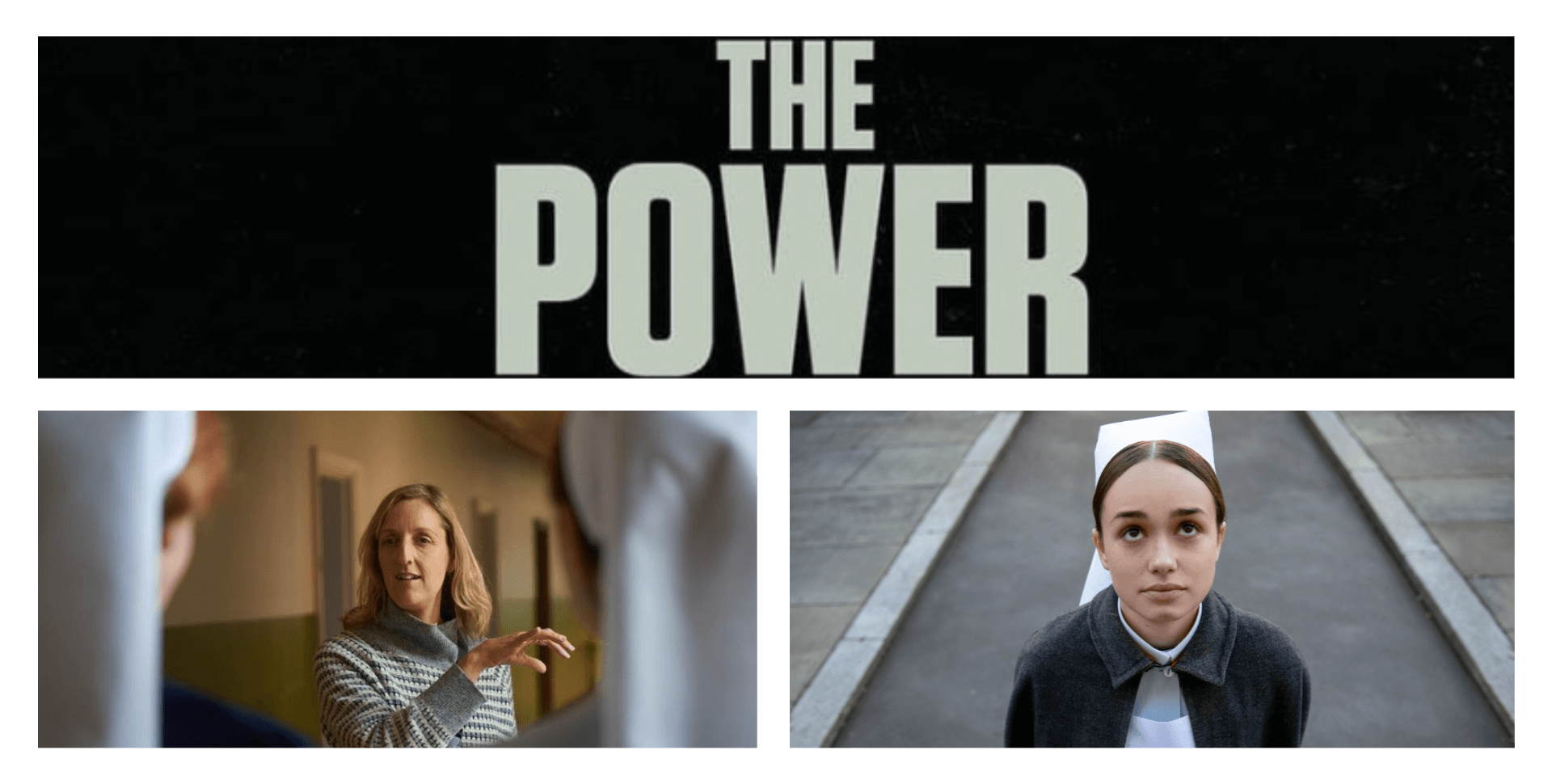The Power is the 2021 horror film set in 1974 Britain as the country prepares for electrical blackouts — we meet Val, the new trainee nurse on her first day at the crumbling East London Royal Infirmary. Most of the patients and staff evacuated to another hospital, so Val works the night shift in the empty building. Within the darkness lurks a terrifying presence that threatens to consume everyone inside.
We recently had the opportunity to interview writer/director Corinna Faith on “The Power” — which is available on VOD, Digital HD, and DVD on September 21, 2021.
The word ‘power’ takes on a special meaning at the end — that there's ultimate strength in our voice. What was the inspiration for The Power?
I wanted to write about institutions and the toxic ways in which they can allow people to behave. I chose a period setting, but this is very much a story about the present, the need for women to find their voice, and the ways in which this is prevented. The Power — if the title is the power, [then] ‘Val’ our lead character, and those around her, lose, search for and, in some cases, find [it].
How did you go about the casting process?
I cast the film with a fantastic casting agent called Kahleen Crawford. She was very sensitive to the rooted, naturalistic qualities I love in performance and we tried to find actors who bring a certain ‘real world’ rooted quality to the roles. Despite the very heightened story world. Casting Val was obviously the main challenge as it's such a huge part of the film. I saw a little clip of Rose on a tape and was instantly pulled into her empathetic approach. She has something special. Casting ‘Saba’ was fun because Kahleen had to look outside the usual channels for this young girl. Shakira Ramen, who plays Saba, had not really acted before. She was a total star, and I think she is fantastic in the role.
Can you tell us about working on the score with Composers Elizabeth Bernholz and Max de Wardener?
I wanted to work with both Max and Elizabeth, having heard their work in different places. Max has a very tasteful, subtle sound and Elizabeth has a fantastic raw energy. They both have a deep knowledge of the horror genre and are inspired by it in their own work. We did look to 70’s references for the starting points to the score. But the end result is very much their own crazy journey. With Elizabeth's voice playing a central role and often standing in for the ghost herself, when we cannot always see her, but feel a presence.
Because the film minimally uses light due to the plot, how’d you handle the challenges of shooting? What was it like working with Cinematographer Laura Bellingham?
Laura was a dream collaborator really. We watched a load of films together and talked a lot about what we loved and what we didn’t. So, by the time we got to set and were facing those times pressures, we had a shared language. We approached the challenge of all the dark in the movie by coming up with a big range of what darkness can look and feel like on screen. It ranges from quiet moonlit in which some things remain visible to an intense and deep black. Both bring their own tensions for a viewer.
Where did you film the movie, and how long was the production?
The shoot was six weeks long. And we had two days of pick-up filming some months later. We shot at Goodmayes Hospital in East London, which is a decommissioned hospital used by the NHS until recently. But originally the building was a Victorian psychiatric asylum. The building is only one storey high though, there are no stairs. So, we shot those at Blythe House in central London, to create the illusion of a bigger building.
What are your favorite scenes — from on set and in the final cut?
One of my favorite scenes is when Val watches two of the characters dancing, breaking rules, and having their own version of fun on the night shift. But the scene takes a very uncomfortable turn. And Val finds herself an unwitting voyeur, pulled into feeling complicit in a moment of abusive behavior. There is something horrific about this scene in a recognizable way, without the supernatural. And I think Rose performs it very well. The other of my favorite scenes is probably the possession scene. Anyone who has seen the film will know which one that is. Rose worked her heart out for that scene and was so brave in her performance. I think she created something memorable.
What is something you learned from this production that you’ll bring to the next?
Thinking about pacing in the last third. In the edit was found a lag in the story, rather than a build-in climax. We fixed it with the pick-up filming, but I’ll be looking at that next time I write.
Which films and directors have influenced you as a filmmaker, including The Power?
The Innocents, Tale of Two Sisters, Images, Three Women.
What are some of your favorite movies from the past decade?
Moonlight
Get Out
La Llorona
It Follows
Arrival
Judas and the Black Messiah
Which themes and subject matters interest you as a filmmaker?
Female characterization is critical to me. The often reductive nature of it, and all the ways that is sometimes being turned on its head. And shining a light on uncomfortable realities, whatever they may be.

